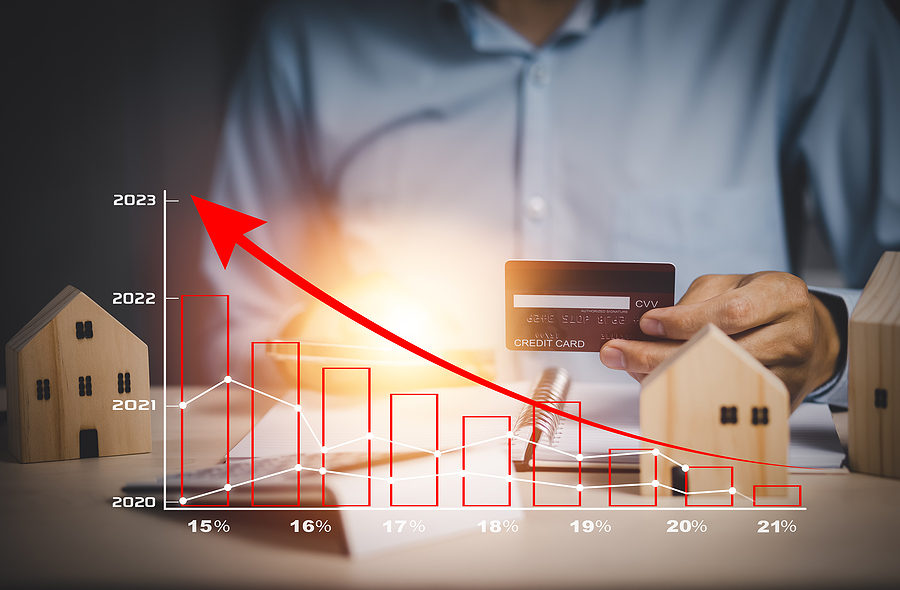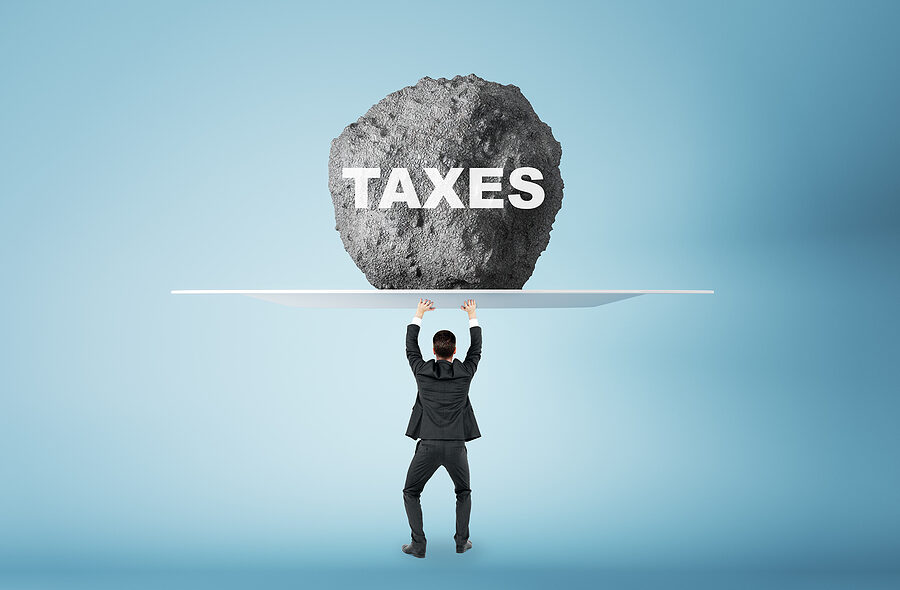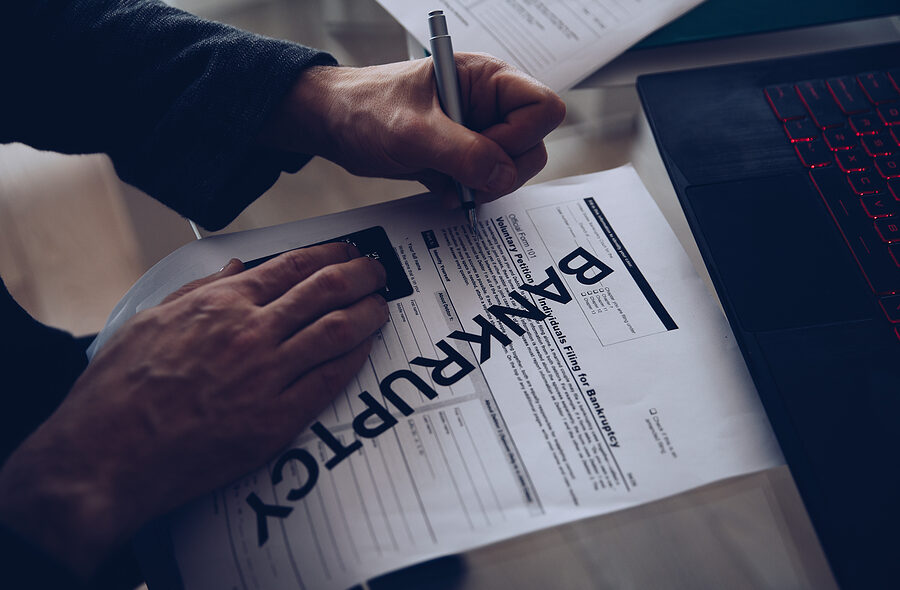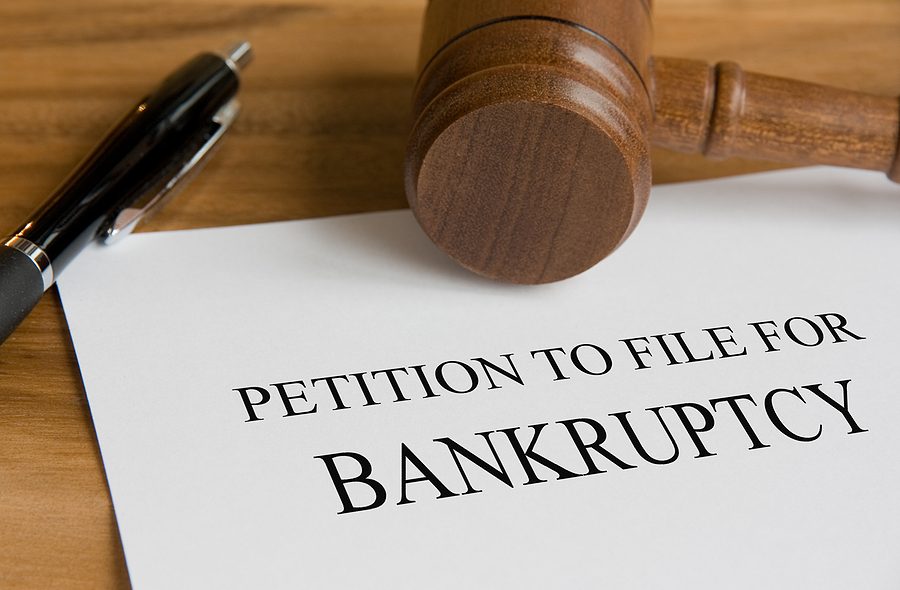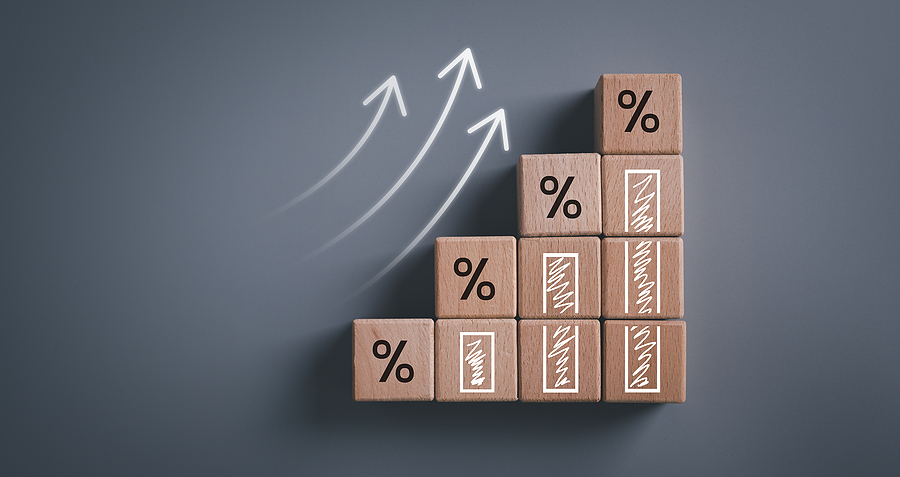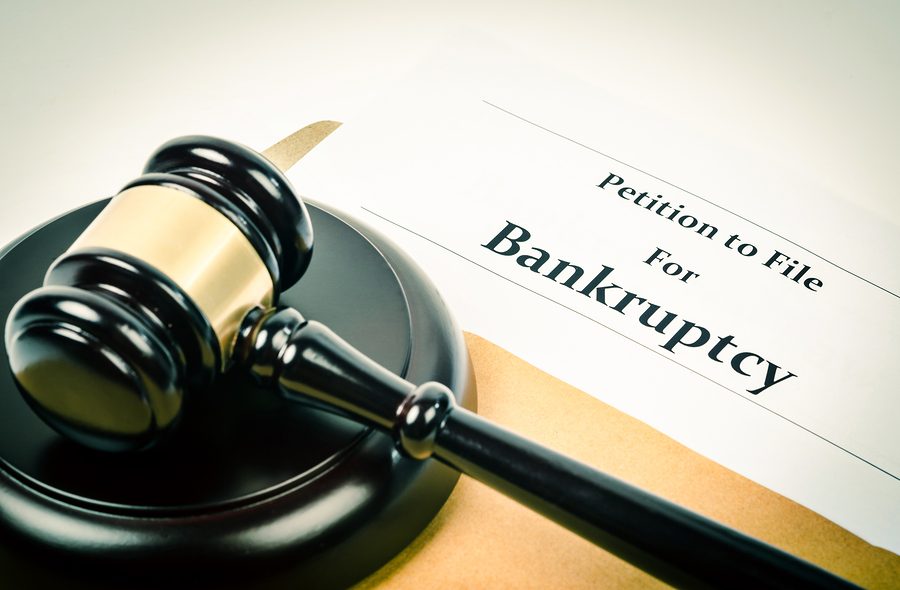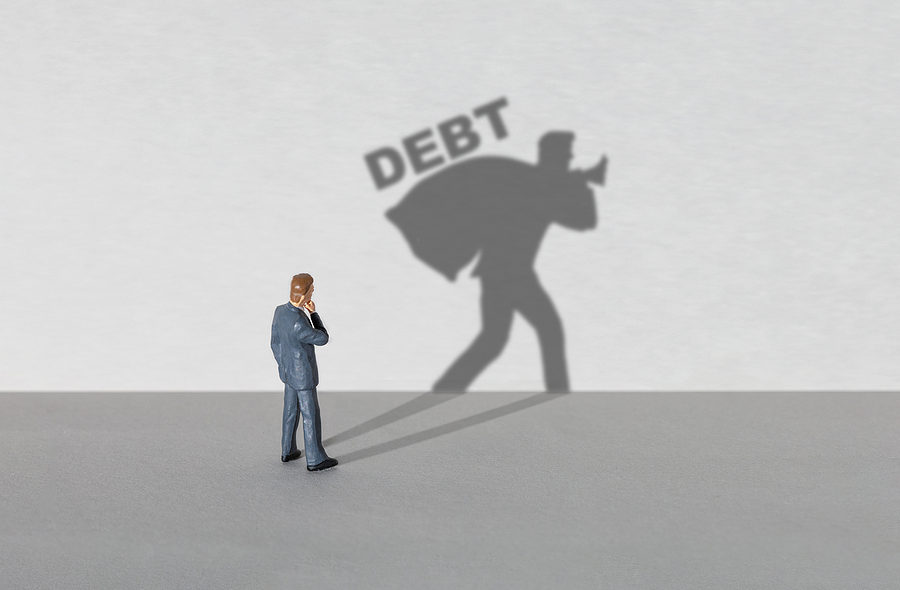Car repossessions have reached a figure not seen in over a decade. According to Fitch Ratings, the number of subprime auto borrowers who were at least 60 days past due on their car payments increased to 5.67 percent (5.67%) from 2.5 percent (2.5%), which was the figure reported in April 2021.
Numbers like these have not been seen since January 2009 when 5.05 percent (5.05%) of subprime car borrowers were at least 60 days late on their car payments during the peak of the Great Recession.


